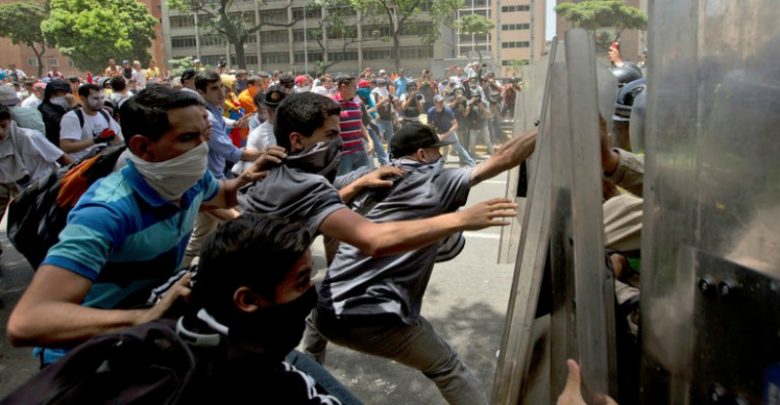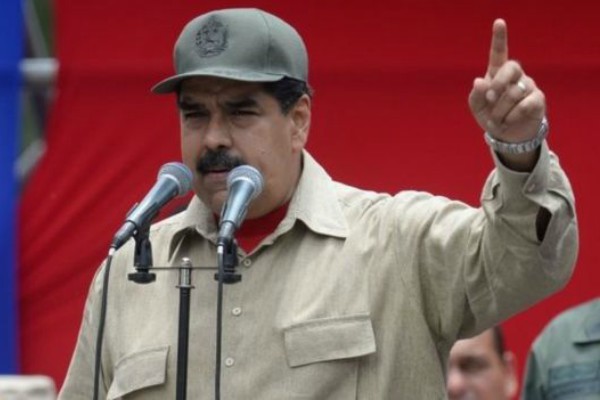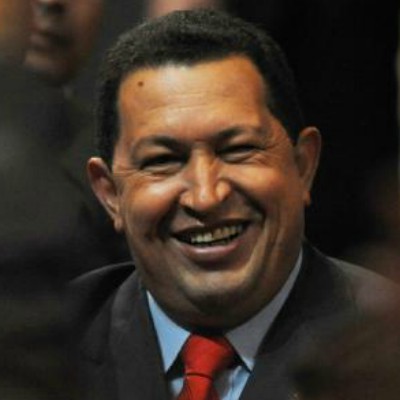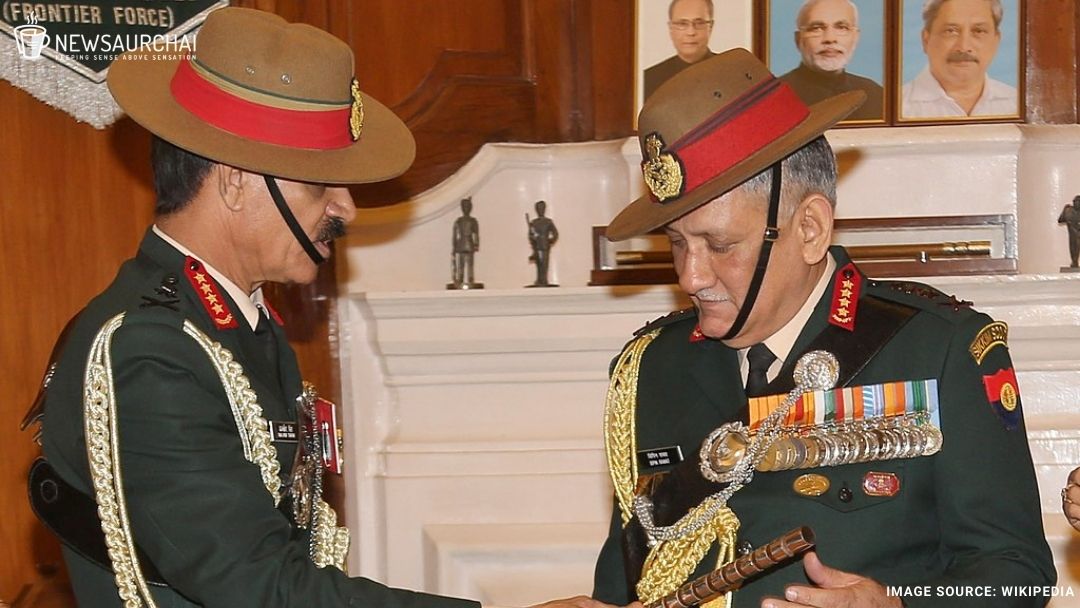Venezuela – A country about to Implode

If you have been following the trends in international news for the past few weeks, you must have come across violent images of protests in Venezuela and the current political turmoil that has gripped the oil-rich nation. This crisis, however, is not recent.
A deteriorating economy accompanied by food shortage, inflation and severe unemployment have only exacerbated the tumultuous political situation. Hundreds of thousands of protesters have come out on the streets of the capital city Caracas, demanding a reform of the current governmental regime of Nicolas Maduro. At least 38 people have been killed and more than 750 injured in the last six weeks. But where does this problem stem from and how did it get so acute?
Venezuela was ruled by the socialist champion Hugo Chavez from 1999 till his death in 2013. Soon after his hand-picked follower Nicolas Maduro became the President of the country and leader of the United Socialist Party (PSUV). The defenders of Chavez’s socialist policies are known as Chavistas; they strongly believe that Venezuela’s natural oil reserves (oil exports from 95% of the country’s total exports) were appropriately exploited by the two charismatic leaders to reduce inequality and lift the country out of crippling poverty.

However, the opposition (a mixture of different parties with centrist, center-left, leftist and center-right ideologies) has accused the PSUV of exploiting the poor sections, eroding democracy due to its intolerance of dissent and exploiting the economy for selfish motives. The current crisis is popularly viewed as a playoff between these two factions.
The past few years have seen a dramatic rise in recession and inflation (close to 700 percent in 2017), unemployment, criminal activities (such as drug trafficking and murder), poverty and authoritarianism. There is an acute food and medicine shortage. People stand in overnight queues just to buy basic household supplies; many end up scavenging for food in dumpsters. Hospitals do not have basic sanitary equipment and medicines. Diseases are on the rise, several of them fatal. This is fast snowballing into a humanitarian crisis.
Those who can afford to do so have fled the country. But millions of citizens have spoken out against the government’s apathy. Since 2014, mass-based protests have been carried out on a daily basis in major cities where peaceful demonstrators are met by tear gas and hostility. So far, the current round of demonstrations have been compelling with the masses determined to see fruitful results.
Instead of taking steps to promote democracy and improve existing conditions, the government of Nicolas Maduro on 30th March 2017 announced that the Supreme Court would be taking over the legislative (i.e. law-making) powers of the opposition-run National Assembly. This move was decried by the opposition as it is seen as a step closer to establishing a dictatorship by merging judicial and legislative powers under one man.

This announcement was met with massive protests staged by supporters of the opposition, followed by a brutal crackdown by the government, police forces and the military. Even after the Supreme Court reversed its ruling soon after, dissatisfaction among the people remained high.
While the time for protests was ripe, the opposition and anti-government protesters made several demands for a reform in how the current government was operating. These include the following –
- General elections in 2017
- A dismissal of the judges responsible for the Supreme Court ruling of 30th March
- Release of political activists imprisoned on the grounds of creating dissent
- Import of essential medicines through a humanitarian channel to offset the severe shortage facing the country
Contrary to popular demand, President Maduro instead called for the formation of a new constituent assembly because of the apparent threats he believed the opposition was making. The new constitution thus created would act as a counterweight to the opposition’s power and deter any attempts at an overthrow of the government. This move has been severely criticized by the nation; it has been seen as a step by Maduro to hold on to his power indefinitely.
Critics also state that the regional elections planned for this year and general elections of next year would be postponed due to such a measure. Maduro staunchly believes that the opposition has partnered with its foe, the USA and other foreign groups to destabilize his authority. According to him, the economic crisis exists due to a US-supported capitalist scheme.
For more international news click here.





